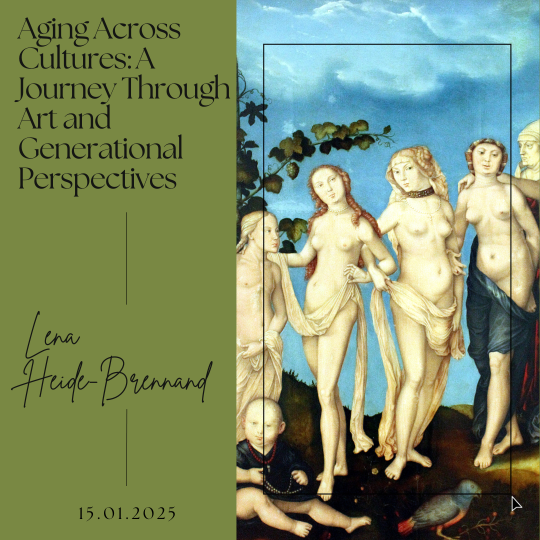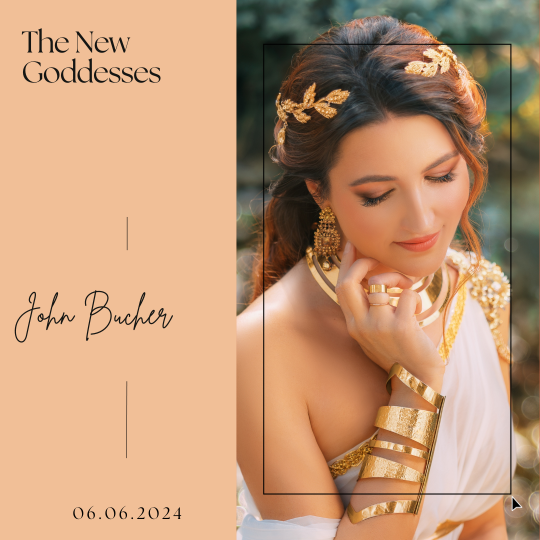Idols and Icons in Contemporary Society: Personal Reflections
written by art historian & curator
In today’s interconnected world, the concept of idols and icons has transcended traditional boundaries, encompassing a diverse range of figures from celebrities and athletes to social media influencers and personal mentors. These modern-day icons profoundly shape our aspirations, values, and lifestyles, often in ways that are deeply personal and reflective of broader cultural shifts. As someone who has grown up in the digital age, I have witnessed firsthand the evolution of idolization—from the reverence of sports legends and Hollywood stars to the rise of relatable, everyday influencers who engage directly with their audiences.
Videos you may enjoy as well:
Growing up, I was inspired by the legendary Michael Jordan, whose extraordinary achievements on the basketball court instilled a relentless work ethic in me. As the internet transformed the media landscape, social media influencers like Casey Neistat emerged, offering a more accessible and authentic form of fame that resonated with my generation. These figures not only entertained but also provided invaluable life lessons and encouragement during challenging times. However, the idolization of contemporary figures is a double-edged sword. The curated perfection often showcased on social media can create unrealistic expectations and foster feelings of inadequacy. My journey through the world of modern idols taught me the importance of mindful consumption and the value of following influencers who promote authenticity and mental well-being.
Furthermore, modern idols are not just entertainers; they are powerful agents of change. Figures like Greta Thunberg demonstrate the significant impact individuals can have on global issues, inspiring countless others to take action. On a more intimate level, personal idols such as parents and mentors continue to shape our values and guide our paths with their everyday acts of resilience and compassion. In exploring the multifaceted role of idols and icons in contemporary society, I will reflect on the profound influence on personal growth and societal change.
The Personal Impact of Modern Idols
Since I was a teenager, my idols were a mix of traditional celebrities and emerging internet personalities. I remember watching Michael Jordan‘s mesmerizing basketball games and being inspired by his relentless drive and commitment to excellence. His influence went beyond the court, instilling in me a work ethic that has been a guiding principle throughout my life. Jordan’s legacy is not just in his championships but in the mindset he fostered in millions of fans, including myself. As the digital age progressed, social media influencers began to play a more significant role in shaping aspirations and lifestyles. I recall discovering YouTube in its early days and becoming an avid follower of content creators who seemed to offer a more relatable and accessible form of fame.

What sets modern idols apart, especially those from social media, is the perceived authenticity and direct interaction they offer. Unlike traditional celebrities who felt distant, influencers seemed like friends. This transparency creates a sense of intimacy and trust, making followers feel as though they are part of the influencer’s journey. Such a connection can be incredibly inspiring, especially during challenging times when seeing someone else navigate similar struggles provides comfort and motivation. This connection was particularly evident during a difficult phase in my life. When I was dealing with the stress of transitioning from college to the professional world, following influencers who openly shared their struggles and successes provided a sense of camaraderie and encouragement. They were real people navigating real challenges, just like me.
Moreover, the direct interaction enabled by social media platforms further strengthens this bond. Social media allows for real-time communication. Followers can comment on posts, participate in live streams, and even receive direct responses from their idols. This immediacy and reciprocity enhance the feeling of a personal relationship, fostering loyalty and a deeper emotional investment. Thus, the authentic connection offered by modern idols and icons is a defining feature of contemporary society. By sharing their real selves and engaging directly with their followers, these figures not only entertain but also inspire and support their audiences in profound ways. This shift towards authenticity reflects a broader cultural movement valuing transparency, relatability, and genuine human connection.
The Double-Edged Sword of Idolization
Idolizing modern figures in contemporary society is a double-edged sword, presenting both profound benefits and significant drawbacks. On one hand, idols and icons can inspire, motivate, and provide a sense of connection. On the other hand, the intense focus on these figures can lead to unrealistic expectations, mental health issues, and distorted values.
Idols often serve as role models, exemplifying success, dedication, and resilience. For instance, singers like Bob Marley have influenced the audiences far beyond his music; his life and legacy embody the power of using one’s platform to inspire and effect positive change. Bob Marley’s music, characterized by its reggae rhythms and profound lyrics, has touched millions of lives around the world. Songs like ”One Love”, ”Redemption Song” and ”Get Up, Stand Up” not only entertain but also carry powerful messages of peace, unity, and resistance against oppression. His music became anthems for social justice and human rights, resonating deeply with people facing social and political struggles.
Marley’s impact is not limited to his music; his commitment to Rastafarianism and his advocacy for peace and equality have made him a global symbol of resistance and hope. Despite facing political tensions and violence, he remained steadfast in his mission to promote love and unity. His famous performance at the One Love Peace Concert in 1978, where he brought together political rivals Michael Manley and Edward Seaga on stage, is a testament to his influence and commitment to peace.
However, the idolization of public figures can also have detrimental effects. The curated perfection presented by many influencers on social media can create unrealistic standards of beauty, success, and happiness. This constant exposure to idealized images can lead to feelings of inadequacy, anxiety, and depression among followers who struggle to meet these unattainable standards. The pressure to conform to these ideals can be particularly harmful to young people, who are still developing their self-identity and self-worth.
Moreover, the personal lives of idols are often scrutinized intensely, leading to a culture of voyeurism and judgment. This can be damaging not only to the idols, who may experience significant stress and invasion of privacy, but also to their followers, who might develop a skewed perception of reality. The relentless pursuit of fame and validation, driven by idol culture, can undermine genuine self-esteem and lead to unhealthy behaviors.
Navigating the double-edged sword of idolization requires a balanced approach. While it is natural to admire and draw inspiration from public figures, it is crucial to maintain perspective and recognize the constructed nature of much of their public personas. Embracing authenticity, promoting mental well-being, and fostering critical thinking can help mitigate the negative impacts of idolization.
The Influence of Personal Idols
On a more personal level, my parents have always been my ultimate idols. Their resilience, compassion, and unwavering support have shaped the person I am today. Despite not having the fame or public recognition of global icons, their influence on my values, work ethic, and outlook on life is immeasurable. They embody the qualities I admire most: integrity, kindness, and perseverance.
So, in conclusion, in contemporary society, I understand that idols and icons are more than just public figures; they are integral parts of our personal narratives. Whether through their achievements, relatability, or advocacy, they inspire us and impact our lives in profound ways. While it’s essential to be mindful of the potential pitfalls of idolization, the positive influence of these figures can be a powerful force for personal growth and societal change. As I navigate my journey, I continue to draw inspiration from a diverse array of idols, both celebrated and personal, who remind me of the limitless possibilities life has to offer.





Leave a Reply